Memberships
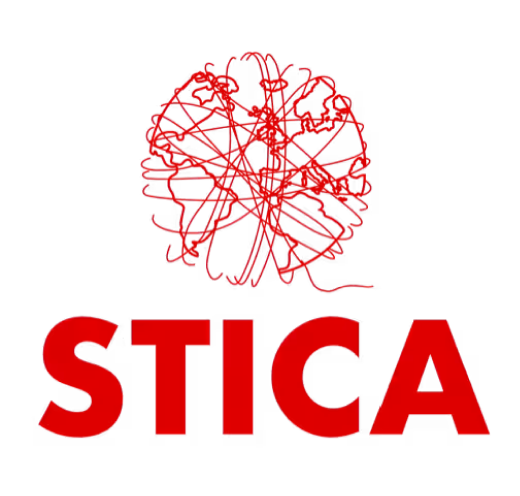
STICA
Eton is a member of STICA, The Scandinavian Textile Initiative for Climate Action. The purpose is to support the apparel and textile industries and their stakeholders in the Nordic region to, at minimum, reduce greenhouse gases in line with 1.5°C warming pathway, as outlined by the United Nations Framework on Climate Change and the Paris Agreement. Ultimately STICA’s aim is to ensure that the Scandinavian textile industry does more than its share by becoming the first climate positive apparel and textiles industry in the world well before 2050. Eton and our Head of Sustainability is an active member and are leading a working group within STICA.

TEKO
As a Swedish trade and employers’ association TEKO represents approximately 340 member companies in the textile and fashion industry, both nationally and internationally. They provide information to the public and the government about the industry, its companies, and its products, including logistics deals with leading logistics operators, support in trade fairs, media contacts, lobbying and standard agreements. They also negotiate collective agreements with trade union counterparts and represent member companies in negotiations. Eton is also part of TEKO’s environmental and chemical group, where members meet and discuss current environmental and sustainability issues several times a year.

Sustainable Fashion Academy
In early 2022 Eton was one of the first companies to join the SFA Learning & Innovation Network (LIN), launched by the Sustainable Fashion Academy (SFA). The purpose of this network is to help apparel and textiles companies stay updated and prepare for upcoming EU environmental and social policies and regulations. These policies and regulations will place serious demands on brands and retailers operating in or placing products in the European common market.

Science Based Targets initiative
The Science Based Targets initiative (SBTi) is a collaboration between CDP (formerly the Carbon Disclosure Project), the United Nations Global Compact, World Resources Institute (WRI), and the World Wide Fund for Nature (WWF). The initiative encourages and helps companies to set ambitious goals.
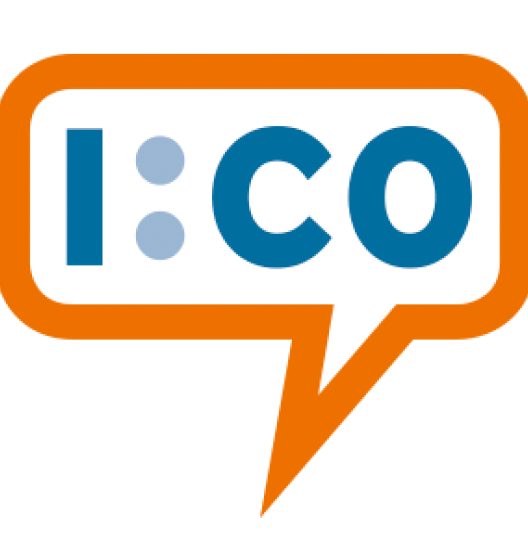
I:CO
To ensure that unwanted garments are being handled responsibly, we partnered up with I:CO, a global solutions provider and innovator for the collection, reuse, and recycling of used clothing. Returns and garments from our in store take back scheme that are not eligible for resale due to stains, can then find their new wearer through I:CO’s partners.

Great Place To Work
We have achieved an all-time high result in our employee Trust Index Average, a survey measuring the trust our employees have in management and overall job satisfaction. The survey received responses from 81% of our employees, and the result is retrospective. Our trust index has reached 80%, and 86% of our employees stated that they consider Eton a great place to work. We are certified in both Sweden and the US, reflecting on the size of our organization in these countries. The certification reflects on our commitment to provide a great workplace for our employees, no matter where they are located.
Certifications
To get certified with any of the following certifications you need to be verified by a professional, third-party certification body who will audit each stage in the supply chain. Eton collaborates with Control union as their certification body.
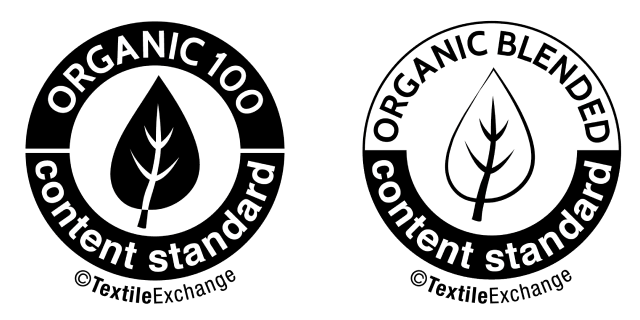
Organic Content Standard
The Organic Content Standard (OCS) verifies the percentage of organically grown material and tracks it from source to final product. Products certified to the Organic Content Standard 100 (OCS 100) contain at least 95% certified organically grown material. Products certified to the Organic Content Standard Blended (OCS Blended) contain between 5-94% certified organically grown material. Organic cotton is produced and certified to organic agricultural standards, which require practices to sustain ecosystems.
(OCS) license number CU 1043377
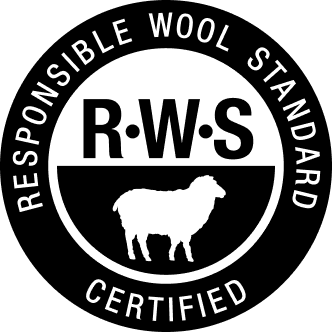
Responsible Wool Standard
The Responsible Wool Standard (RWS) verifies wool animal welfare and land management requirements and tracks it from farm to final product.
(RWS) license number CU 1043377
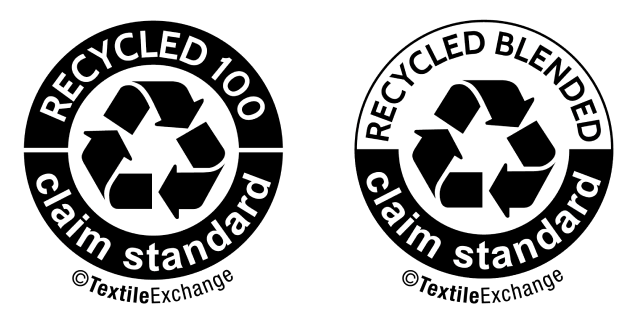
Recycled Claim Standard
The Recycled Claim Standard (RCS) verifies the percentage of recycled material and tracks it from the source to the final product. Products certified to the Recycled Claim Standard (RCS) contain recycled content that has been independently verified at each stage of the supply chain, from the recycler to the final product. The purchase of Recycled Claim Standard (RCS) certified products demonstrates demand for recycled materials.
(RCS) license number CU 1043377
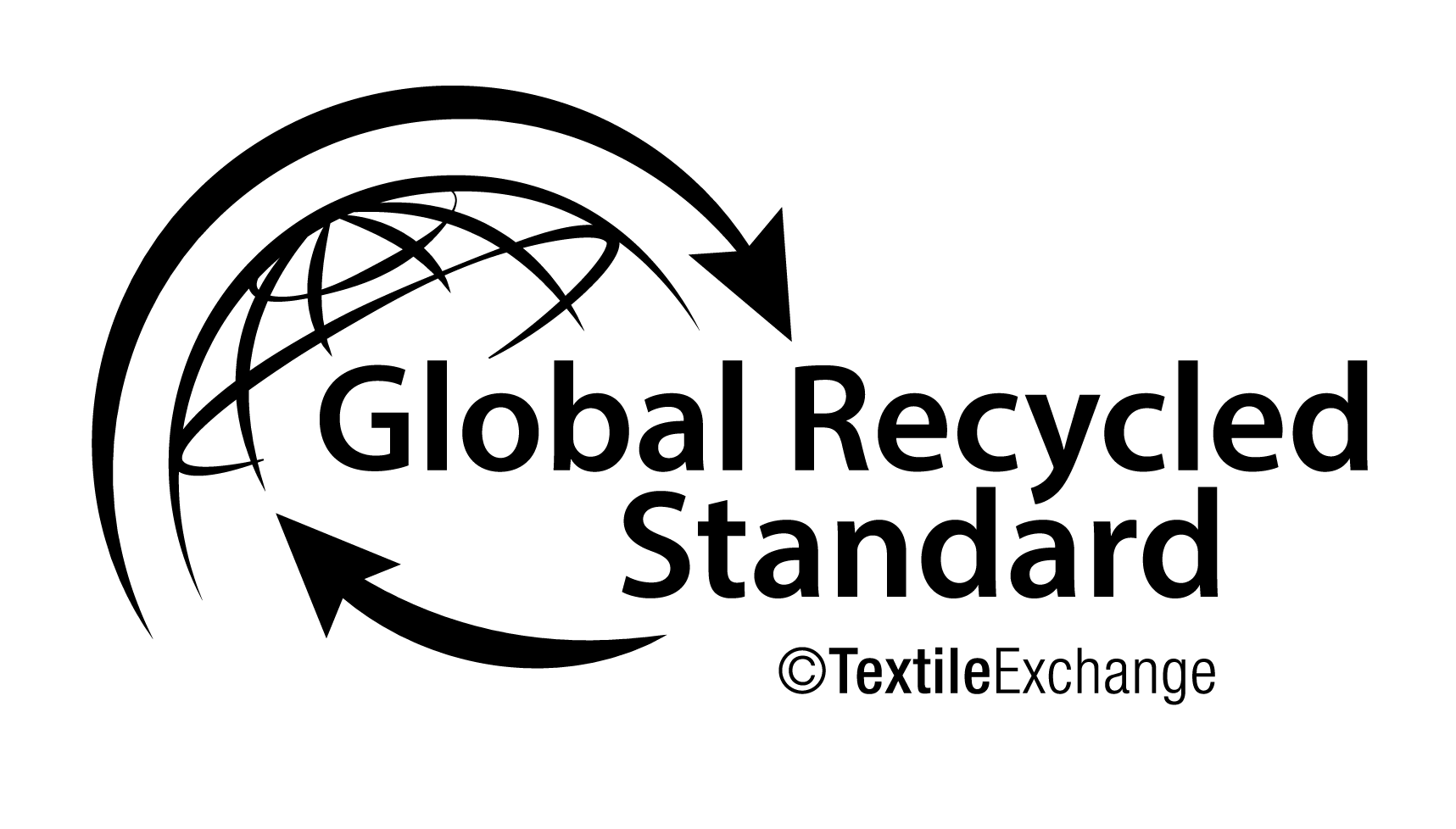
GRS (Global recycled standard)
Products certified to the Global Recycled Standard (GRS) contain recycled material that has been independently verified at each stage of the supply chain, from the source to the final product. In addition, social, environmental, and chemical criteria related to processing are required.
(GRS) license number CU 1043377
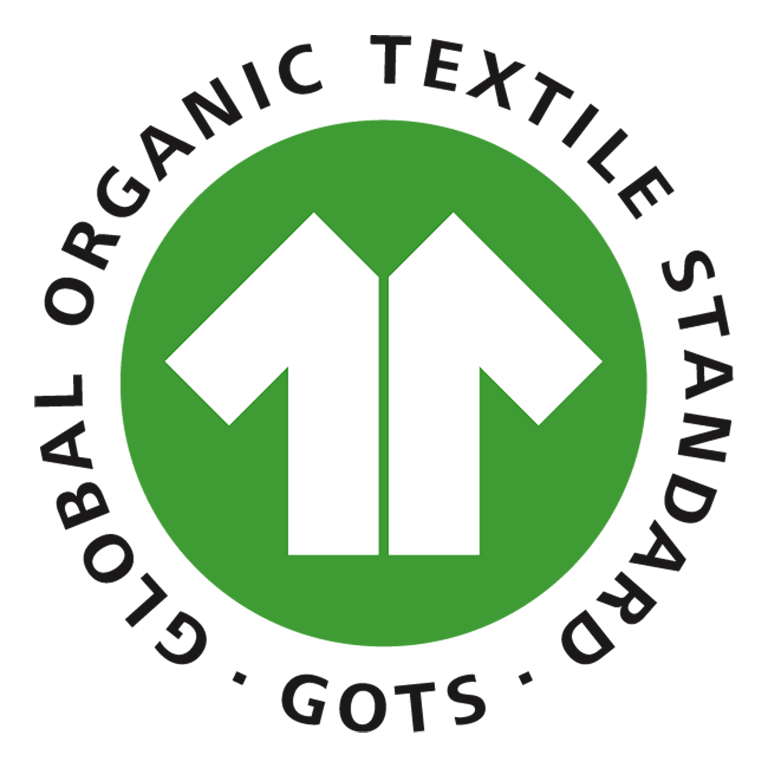
Global Organic Textile Standard
The Global Organic Textile Standard (GOTS) is the worldwide leading textile processing standard for organic fibers, including ecological and social criteria, backed up by independent certification of the entire textile supply chain. Only textile products that contain a minimum of 70% organic fibers can become GOTS certified. All chemical inputs such as dyestuffs and auxiliaries used must meet certain environmental and toxicological criteria. The choice of accessories is limited in accordance with ecological aspects as well.
(GOTS) license number CU 1043377
